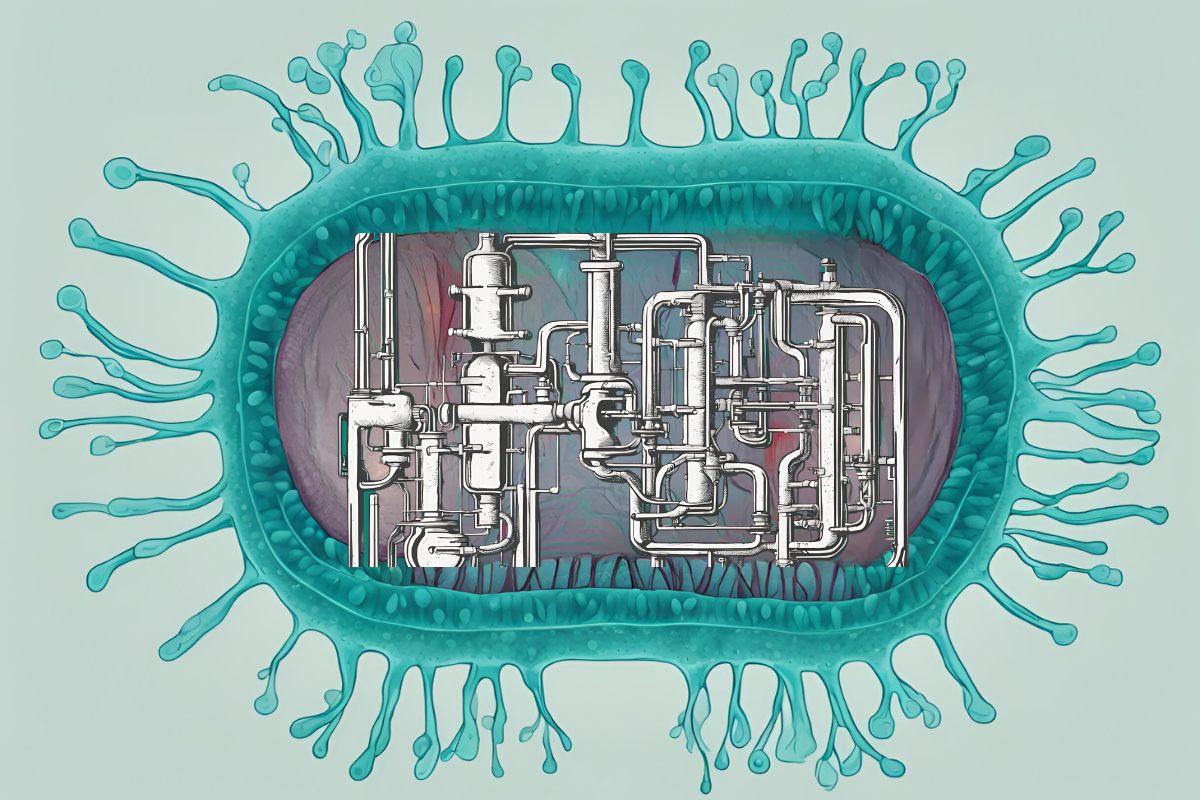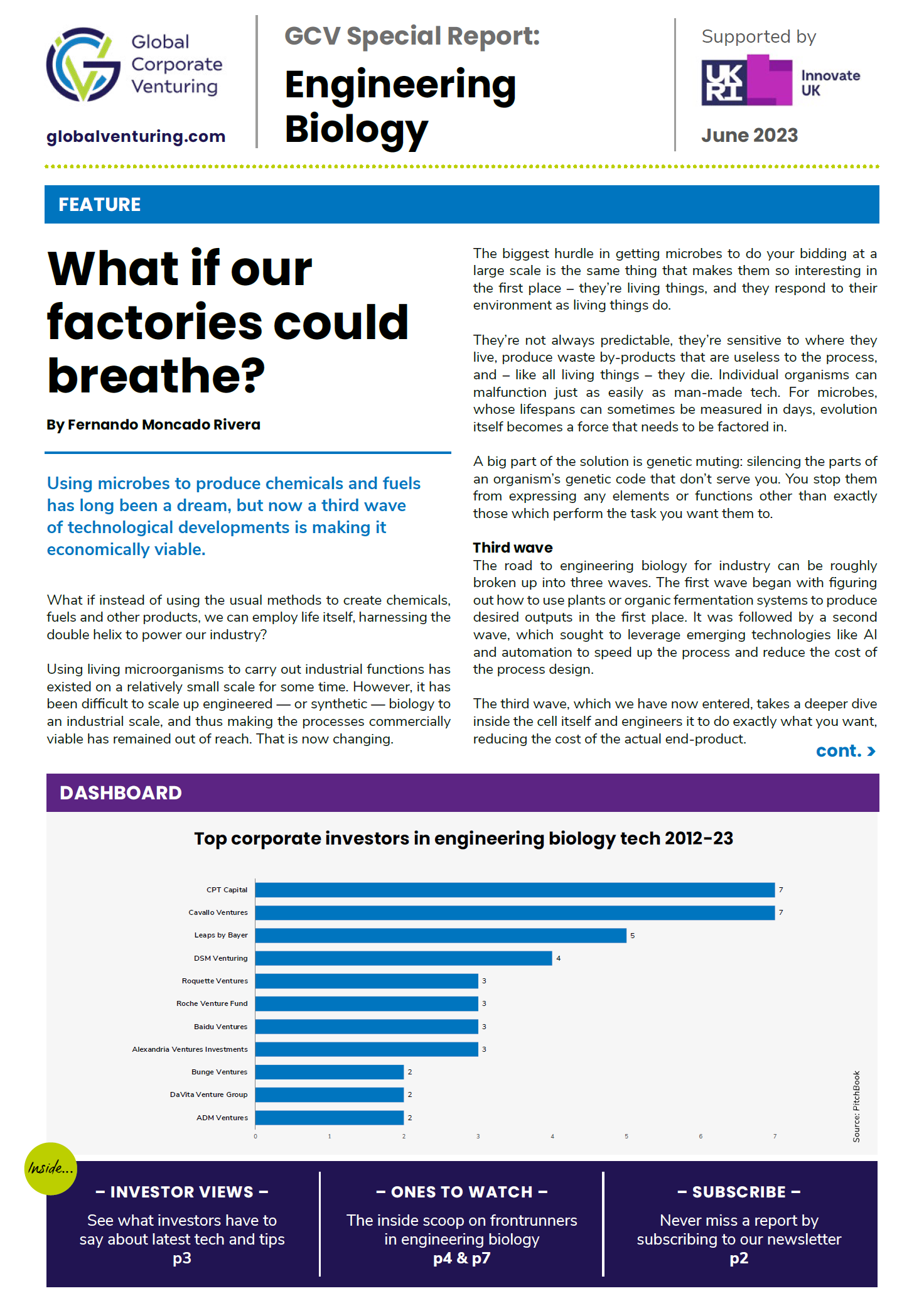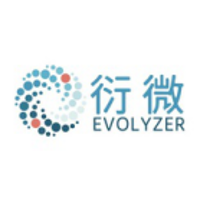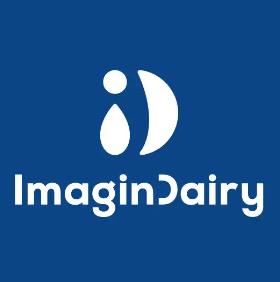Using microorganisms to manufacture everything from speciality chemicals to leather is becoming more of a viable business.

Using microbes instead of factories to produce everything from speciality chemicals to leather and milk has been an emerging area of science for some time. More recently, these techniques have started turning into more viable business ideas as a new wave of technologies is makes it easier to control the underlying microbial processes.
Last year, we highlighted 12 startups to watch in this area, but as the sector is now growing rapidly, we are updating out original list with a further eight startups that are worth having on your radar.

GCV special report: Engineering biology
- What if our factories could breathe?
- 12 engineering biology startups to watch
- Engineering the biofuture
- Making proteins out of CO2

Morus
Based in: Tokyo, Japan
Founded: 2021
Funding to date: $2.26m
Tokyo-based Morus uses silkworms to supply sustainable raw materials to various industries. Morus’ high-speed breeding of silkworms enables industries such as food and pharmaceuticals to utilise silkworm bi-products as sustainable alternative proteins.
Chief executive Ryo Sato and board member Kunihiro Shiomi founded Morus in 2021. Sato was a team leader at Samurai Incubate, an early-stage venture capital firm where he was responsible for open innovation between enterprises and startups in Japan and Israel. Samurai Incubate has also backed Morus in funding.
Morus has raised $2.26m in funding. Investors in the company include DG Daiwa Ventures, the corporate venture arm of Digital Garage and Daiwa Securities and corporate training provider Globis.
The company has recently established a Singapore branch office to accelerate its expansion into ASEAN markets. In addition, Morus was selected for the New Energy and Industrial Technology Development Organisation’s Deeptech Startup Support Program.

TripleW
Based in: Netanya, Israel
Founded: 2016
Funding to date: $23.4m
TripleW produces PLA bioplastic from food waste, providing a low-cost, versatile alternative to fossil-based materials.
Food waste — including restaurant and supermarket surplus as well as municipal food waste — is fermented using microorganisms that produce lactic acid which is then chemically purified.
The company was founded by Amir Oranim and Tal Shapira in 2016. In 2023, TripleW raised $16.5m in a series B round led by venture capital firm Firstime VC. Corporations also backed the round including LG Technology Ventures, the corporate venture capital firm of LG Group and the research and development company Bird Foundation.

JLand Biotech
Based in: Hangzhou, China
Founded: 2015
Funding to date: N/A
JLand Biotech is a China-based developer of non-animal vegan collagen. It uses bioengineering technologies such as genetic recombination and protein separation to create collagen products for the food, cosmetics and medical sectors.
The company was founded in 2015., and though it retains its headquaters in China, the business has expanded with a European division, headquartered in London. The company attends various events including the InCostemics Global tradeshow in Paris.
In February 2024, Evonik Venture Capital, the corporate venture arm of Germany-based specialty chemicals company Evonik Industries invested in JLand Biotech. Other investors include Cenova Capital and Addor Capital.

Evolyzer
Based in: Beijing, China
Founded: 2022
Funding to date: $7.4m
Evolyzer is a China-based developer of industrial biocatalysts agriculture and the oil industry.
Huimin Yu, chief scientific officer founded Evolyzer in 2022. Bo Chen also sits as the company’s chairman and manager.
In 2023, Evolyzer secured funding from venture capital firm Sequoia Capital China and investment management company CDH Shanghai Dinghui Bai Fu Wealth Management. Corporate venture capital firm SinoKing Capital also backed the round.
In 2022, the company raised $6.9m in a seed funding round with participation from Frees Fund and Tsinghua Innovation Ventures.

Cemvita
Based in: Houston, US
Founded: 2017
Funding to date: $73.9m
US-based startup Cemvita is a carbon utilisation platform. The startup has engineered microbes that can turn CO2 or waste streams into materials such as proteins and fuel feedstock.
The company believes its technology will enable the oil and gas, chemicals and mining industries to reduce carbon emissions.
Moji Karimi, CEO, and Tara Karimi, chief technology officer, co-founded Cemvita in 2017 and the business is based on research outlined in Tara Karimi’s book, Molecular Mechanisms of Autonomy in Biological Systems.
Cemvita has raised $73.9m in total funding. Investors include Oxy Low Carbon Ventures, the corporate venture arm of US-based energy company Occidental Petroleum and Johnson & Johnson Innovation, the corporate venture capital firm of US-based conglomerate Johnson & Johnson.

Imagindairy
Based in: Haifa, Israel
Founded: 2020
Funding to date: $30m
Imagindairy uses precision fermentation to create milk proteins that are similar to animal-based dairy. The technology is based on inserting a DNA sequence coding for the production of whey and casein into microorganisms.
Eyal Afergan, chief executive, co-founded Imagindairy in 2020. He previously worked at Algatechnologies, an antioxidant microalgae ingredients developer and at Enzymotec, a chemicals company.
In 2022, Imagindairy raised $15m in a seed extension round led by venture capital firm Target Global. Other investors include food and beverage manufacturer Strauss Group and venture capital firm New Climate Ventures.

Gozen
Based in: San Francisco, US
Founded: 2020
Funding to date: $3.34m
Gozen is a US-based startup using microorganisms to create an alternative to leather. Named Lunaform, the material has the look and drape of leather, but without the need for harming animals.
Ece Gozen, chief executive founded Gozen in 2020. She worked as an instructor in sustainable fashion, design and thinking at Istanbul Moda Akademisi, a Turkey-based fashion school. Gozen was also a brand ambassador for Samsung.
Gozen has raised $3.34m in funding. Venture capital firms that have backed the company include SOSV, Beamline and Happiness Capital.

Birch Biosciences
Based in: Portland, US
Founded: 2021
Funding to date: <1($500,000)
US-based company Birch Bioscience engineers enzymes to recycle plastics. The startup breaks down plastics into their component chemicals at low temperatures, and these can then be recombined into new plastics.
Johan Kers, chief executive, and Emily Duncan, chief operations officer, founded the startup in 2021. Kers previously worked at AI drug creation company AbSci and at Ginkgo Bioworks.
Birch Biosciences has raised around $500,000 in funding. Investors include venture capital firms Pegasus Tech Ventures, Y Combinator and Olive Tree Capital. The National Science Foundation and the US Department of Energy also provided funding.








